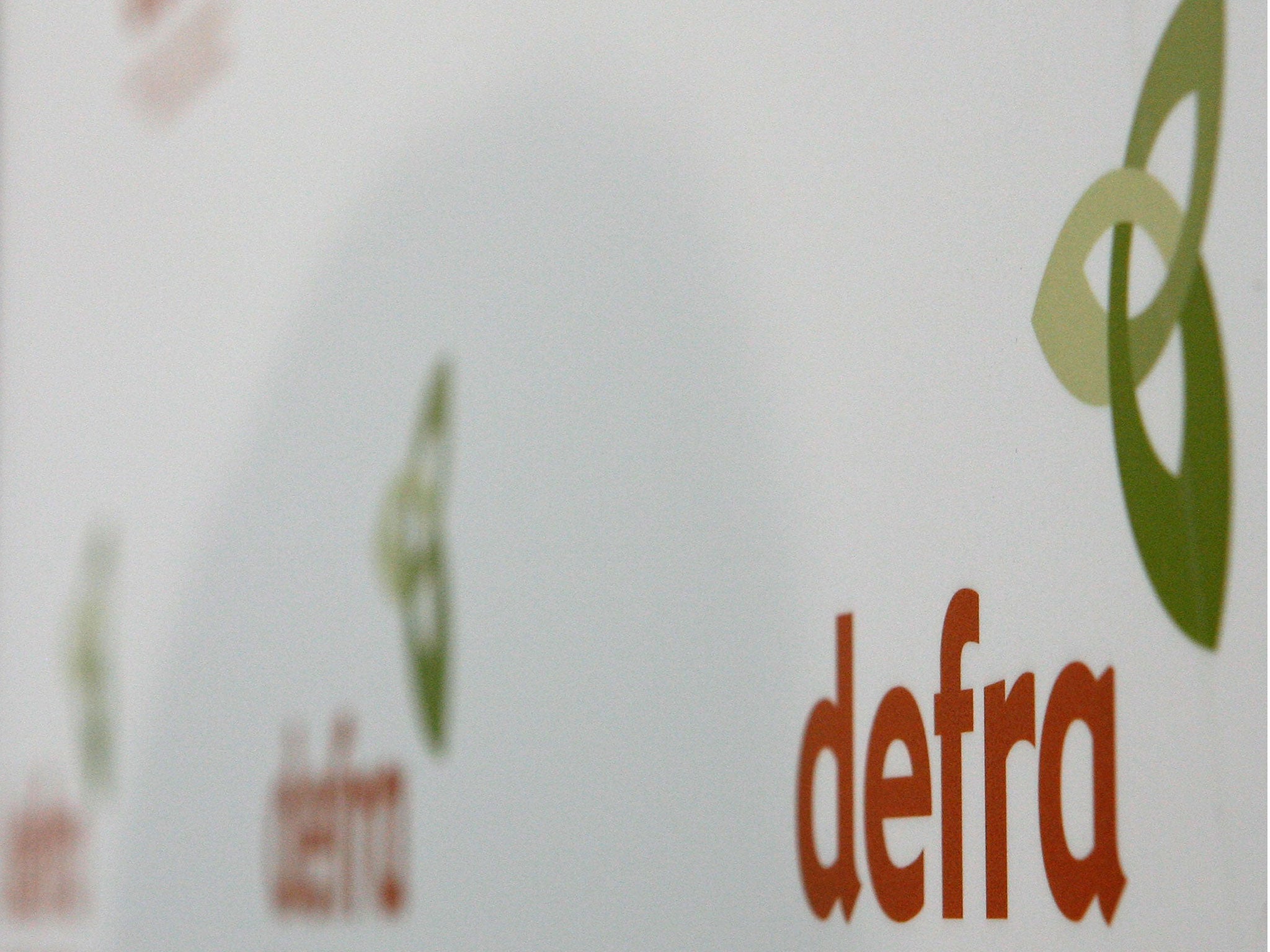Bird flu confirmed in 17 wild animals in Dorset
It is the first avian flu finding this winter, Defra said

Your support helps us to tell the story
From reproductive rights to climate change to Big Tech, The Independent is on the ground when the story is developing. Whether it's investigating the financials of Elon Musk's pro-Trump PAC or producing our latest documentary, 'The A Word', which shines a light on the American women fighting for reproductive rights, we know how important it is to parse out the facts from the messaging.
At such a critical moment in US history, we need reporters on the ground. Your donation allows us to keep sending journalists to speak to both sides of the story.
The Independent is trusted by Americans across the entire political spectrum. And unlike many other quality news outlets, we choose not to lock Americans out of our reporting and analysis with paywalls. We believe quality journalism should be available to everyone, paid for by those who can afford it.
Your support makes all the difference.Bird flu has been confirmed in 17 wild birds in Dorset, the Government has said.
A virus closely related to the H5N6 avian flu strain led the Department for Environment, Food and Rural Affairs (Defra) to declare a prevention zone around the affected area - near the village of Abbotsbury.
It is the first bird flu finding this winter.
Defra insisted the strain was not a food safety risk for shoppers, and Public Health England said the risk to people’s health was “very low”.
Defra’s chief veterinary officer, Nigel Gibbens, said: “This is the first time avian flu has been identified in the UK this winter and while the disease does not represent a threat to the public, it is highly infectious and deadly to birds.
“As the virus has been circulating across Europe, this finding has not come as a surprise.
“But it is vital that anyone who keeps birds – whether a few in a back garden or thousands on a farm – is vigilant for any signs of disease, reports suspect disease to the Animal and Plant Health Agency and maintains good biosecurity to reduce the risk of their birds becoming infected.”
Defra said that inside the prevention zone keepers of captive birds will be made to feed and water their animals indoors, and disinfect their footwear.
No culls are planned, the department added.
Join our commenting forum
Join thought-provoking conversations, follow other Independent readers and see their replies
Comments